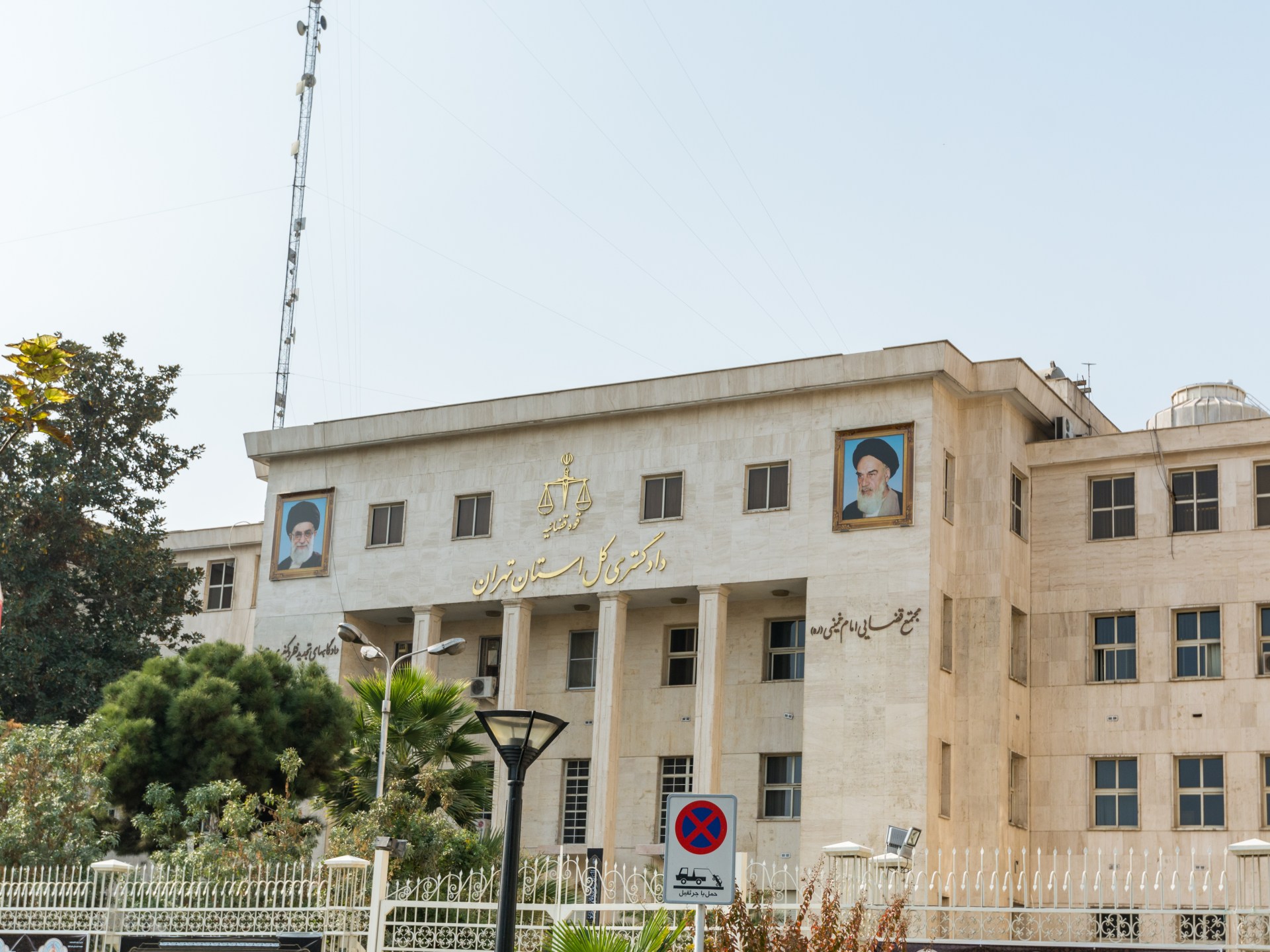On Saturday, the Iranian authorities announced the arrest of 12 followers of the Baha'i faith, which is banned in the country, on suspicion of having ties to Israel, Tehran's archenemy.
The official IRNA news agency reported that "the Public Security Directorate in Mazandaran Province (north) announced the dismantling of the central cell of the Zionist-partisan Baha'i organization in the north of the country."
And she pointed out that "12 members of the Baha'i organization, the agent of Zionism, were monitored and arrested in different cities of the province."
She added that two leaders of this "espionage organization" were trained in the Zionist "House of Justice" organization located in the occupied Palestinian territories, and formed an espionage cell with elements of their organization throughout Mazandaran province.
"heretics"
While the Shiite-dominated Islamic Republic guarantees freedom of belief to many religious minorities, the Baha'i faith has been banned and its followers are considered "heretics", often with accusations of association with Israel.
The representative of the "Baha'i International Community" at the United Nations office in Geneva, Simin Fahandeh, announced that 13 Baha'is were arrested in Mazandaran Province.
"Most of the arrests took place in a home where young people were studying and discussing the role of education in social progress," she said in a statement.
She spoke of "245 incidents of persecution during the past 32 days against the Baha'is in Iran," including in particular "arrests" and "imprisonment" of people.
"The Iranian government not only prevents these young people from entering universities, but also from gathering to discuss topics important to their generation," Vahandeh emphasized.
On August 1, the Iranian Ministry of Intelligence and Security announced the arrest of a number of followers of the Baha'i faith on suspicion of espionage, without specifying their number.
It is noteworthy that in late 2018, the United Nations General Assembly adopted a resolution calling on Tehran to stop the “harassment,” “intimidation,” and “arbitrary arrests” of members of religious minorities and the release of Baha’is, whom it said had been arrested for their religious affiliation.
Origin and spread map
The roots of this religion go back to the 19th century in Iran and its followers say that it calls for unity among all peoples and equality.
These followers believe in the teachings of Bahá'u'lláh, who was born in Iran in 1817, and consider him one of God's prophets and the last of them.
Its followers number in the millions in the world, and their number in Iran is estimated at about 300,000, according to the French Press Agency.
In addition to Iran, the followers of the Baha'i community are spread in several countries in the Middle East.
Iraq is considered one of the centers of the Baha’i faith, but the number of followers of this sect does not currently exceed hundreds of people in Mesopotamia, as it turned from a legally recognized sect during the monarchy’s rule, to a pariah group during the period in which the Baath Party ruled the country from 1968 to 2003, then to something like a secret sect then.
In Kuwait, local reports indicated in 2006 that the Baha'i sect revealed itself in the country and that its followers were estimated at 400 people.
In Jordan, the Baha'i movement organized its first conference in 2019.
In 2006, the Egyptian judiciary recognized the Baha'i faith as a religious sect, and the move sparked political, religious and legal controversy in the country.
There are also followers of the Baha'i community in the occupied Palestinian territories and in Yemen.

